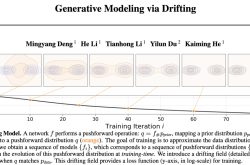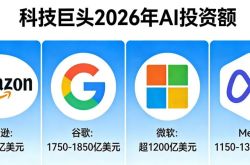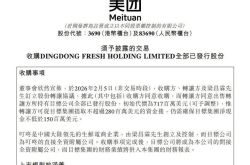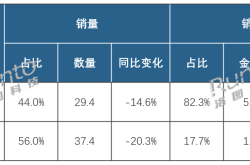The 7th Smart Finance Forum of Shanghai National Accounting Institute was held
![]() 12/09 2024
12/09 2024
![]() 667
667
On December 7, the 7th Smart Finance Forum, jointly hosted by the Shanghai National Accounting Institute and other units, was held in Shanghai. The theme of this forum was "Exploration of China's Independent Knowledge System for Smart Finance".
Lu Wenbin, deputy secretary of the Party committee, president of the Shanghai National Accounting Institute, and president of the Asia-Pacific School of Finance and Development, said in his speech that the rapid development of emerging technologies such as big data and artificial intelligence is profoundly changing the way of work in the financial field. In particular, the emergence of the latest artificial intelligence technologies, such as large language models, has brought more innovative possibilities to financial management. As an important pillar of enterprise management, financial management is accelerating its transformation towards digitalization and intelligence, playing an increasingly important supporting role in economic development.
Lu Wenbin pointed out that the Shanghai National Accounting Institute is an important base for cultivating high-end national financial talents. It has long focused on cultivating high-level, international, and applied talents and has continuously promoted theoretical research and innovative practices in the field of financial management. In recent years, the Shanghai National Accounting Institute has achieved remarkable results in accounting informatization and smart finance by collaborating with various forces, forming a synergy through innovation in concepts, platform construction, and industry-academia integration. The Institute of Smart Finance, established by the Shanghai National Accounting Institute in 2018, is one of the three key think tank projects registered with the Ministry of Finance. It has built a platform for exchanges among governments, enterprises, universities, and research institutions, and has gained a certain influence in the industry through a series of research results and brand activities.
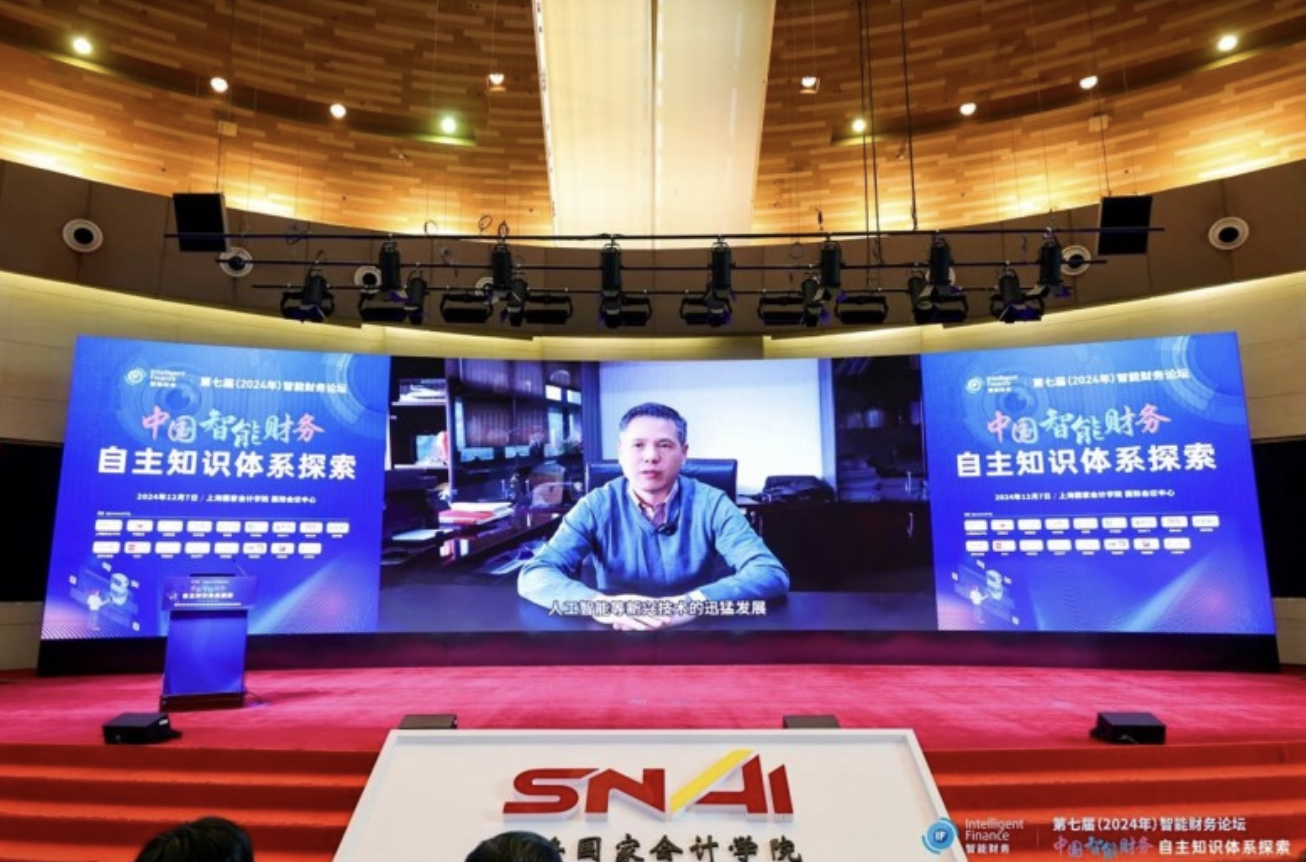
Lu Wenbin, deputy secretary of the Party committee and president of the Shanghai National Accounting Institute
He said that further exploring the construction of an independent knowledge system for smart finance with Chinese characteristics has important practical significance and forward-looking value and is an inevitable choice for combining domestic and international situations and seizing the opportunity of digital transformation.
Lu Wenbin emphasized that building a smart finance system with Chinese characteristics is a concrete manifestation of practicing the concept of innovative development. Constructing a smart finance solution with Chinese characteristics should be based on China's reality, solve China's problems, and integrate advanced technology with local experience. At the same time, in the digital economy era, data security and self-control are increasingly important. Building an independent knowledge system is an important measure to ensure the security of financial data, and constructing a smart finance system with independent intellectual property rights helps protect the core data of units and enhance the security and reliability of financial information.
Liu Qin, a professor at the Shanghai National Accounting Institute and the dean of the Institute of Smart Finance, introduced the development of smart finance, the work of the institute, and the construction of an independent knowledge system under the topic of "2024 China Smart Finance Development and Annual Work Report of the Institute of Smart Finance". Liu Qin pointed out that significant changes have taken place in the development ecology of smart finance in China over the past year. At the national level, the development of new productive forces has been actively promoted, the concept of "AI+" has been proposed, the Accounting Law has been revised, and the new Accounting Informatization Work Norms have been issued. "Digital intelligence" and "intelligence for good" have become the buzzwords of the year 2024. In addition, the rapid rise in labor costs has prompted enterprises to accelerate their transformation towards automation and intelligence. In terms of theoretical research, the number of related research papers on smart finance and smart accounting has entered a platform development period after several years of exponential growth. In terms of technological development, artificial intelligence technology, especially the iteration of large model technology, has provided continuous driving force for the development of smart finance.
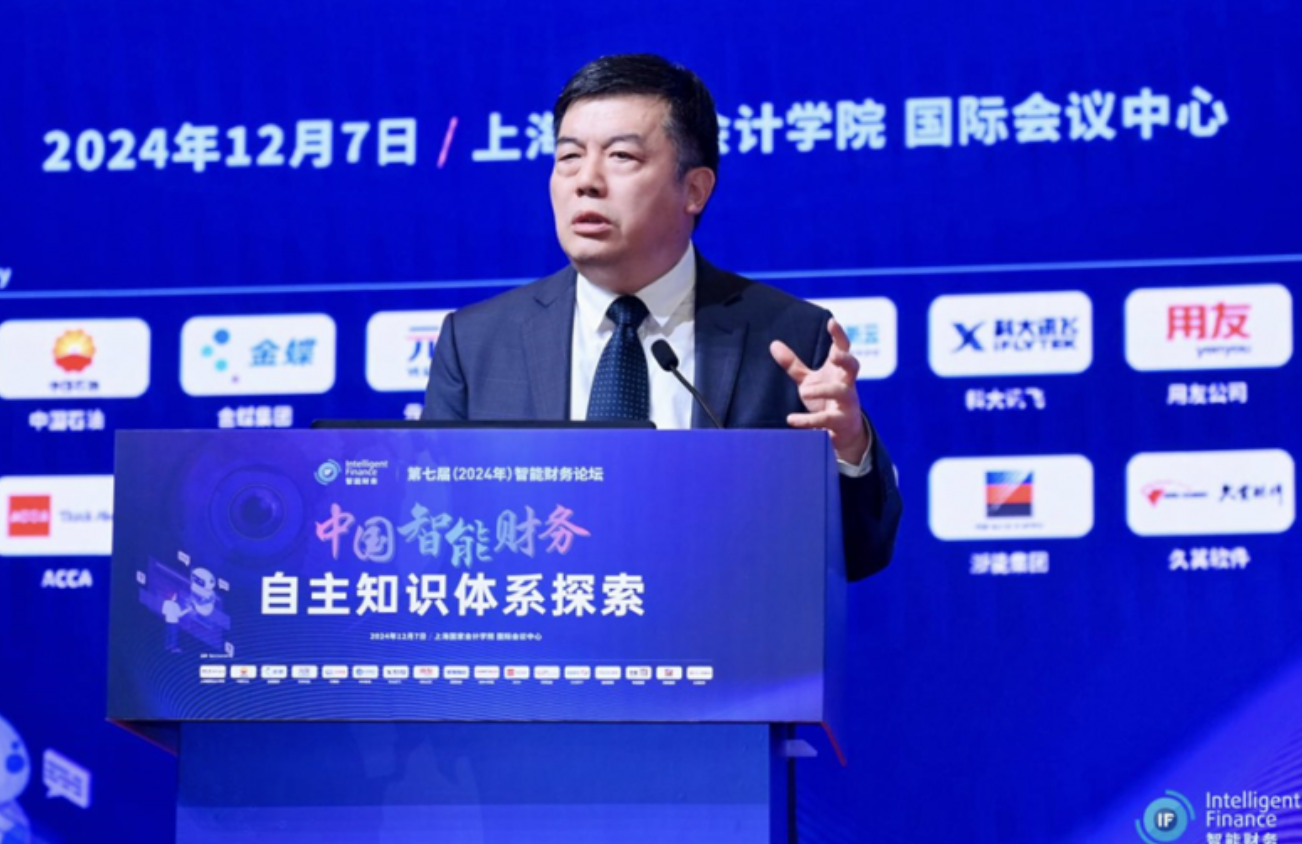
Liu Qin, professor at the Shanghai National Accounting Institute and dean of the Institute of Smart Finance
Liu Qin said that the Institute of Smart Finance has made a series of developments in the field of smart finance in 2024. By publishing new research and development results in 2024, introducing the recruitment of new researchers, listing important forums held, showcasing annual research topics, and the latest published monographs, Liu Qin showcased the latest research results of the institute.
Regarding the independent knowledge system, Liu Qin believes that building an independent knowledge system for smart finance in China is the current important task. In the process of construction, it is necessary to focus on China's political system, development model, social governance, and innovation mechanism. At the same time, attention should be paid to the political, scientific, economic, cultural, technical, and innovative aspects of the knowledge system. The final construction must be a knowledge system with a strong foundation, timeliness, significant impact, wide recognition, and sustainable development. Only in this way can it provide ideological guidance and value support for the transformation and development of smart finance.
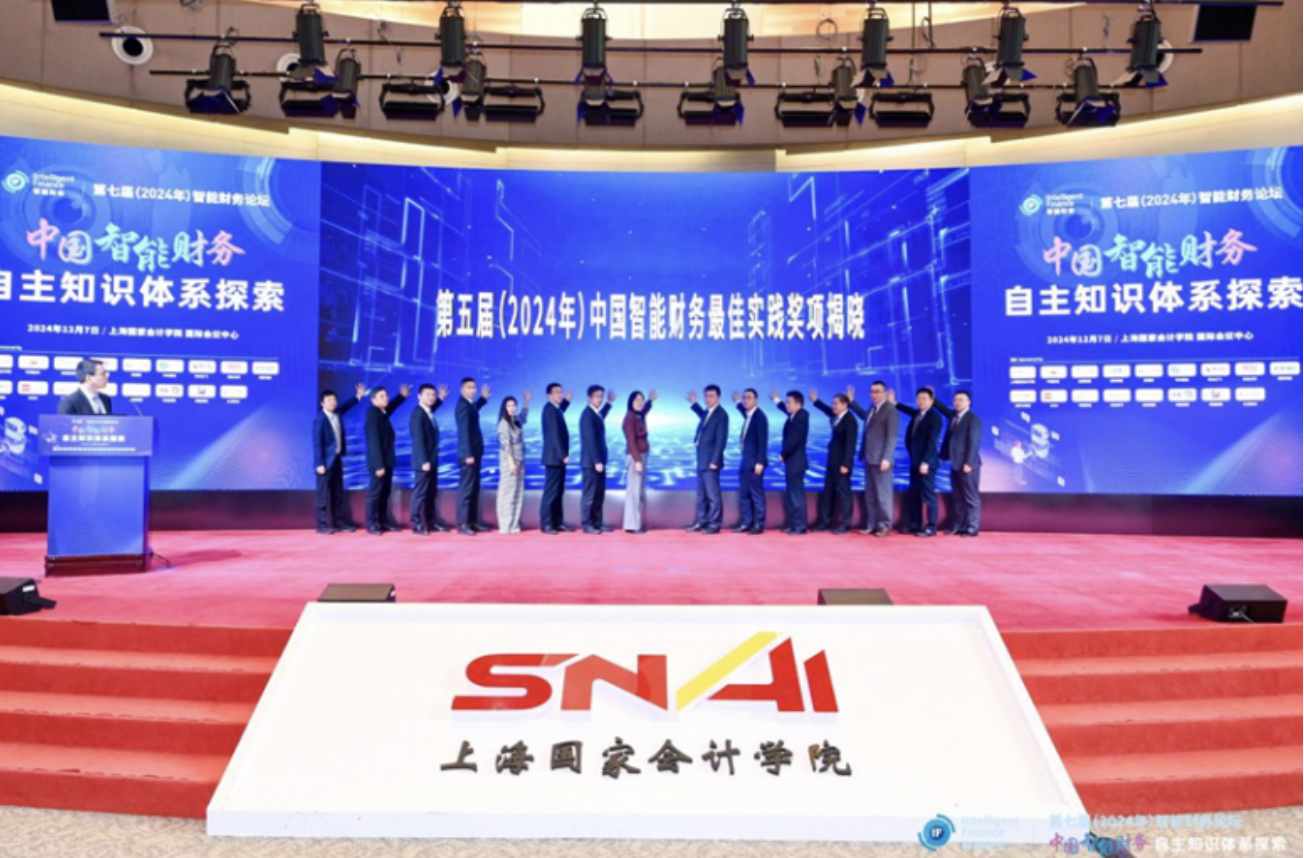
The results of the 5th Smart Finance Best Practice Awards were announced at the forum, with a total of 10 units winning the Annual Comprehensive Award for Best Practices in Smart Finance, 10 units winning the Individual Award for Best Practices in Smart Finance, and 3 units winning the Best Online Popularity Award for Best Practices in Smart Finance.
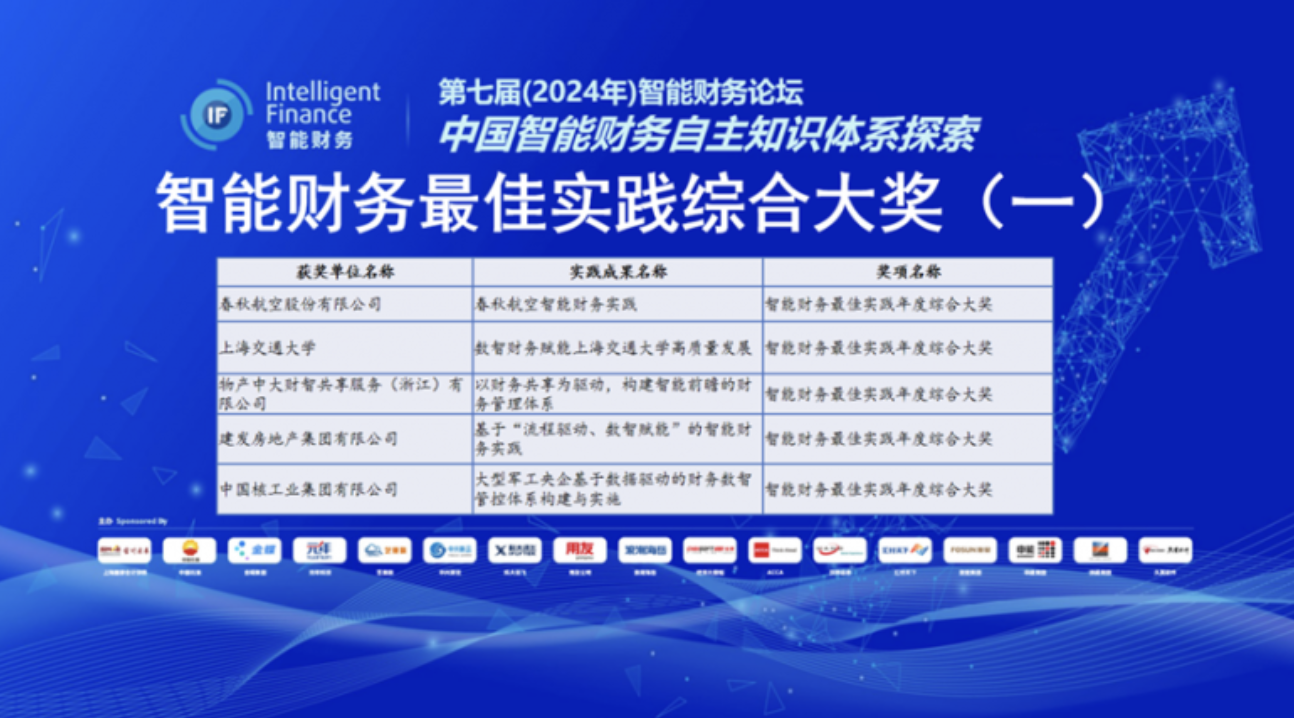
Annual Comprehensive Award for Best Practices in Smart Finance (I)
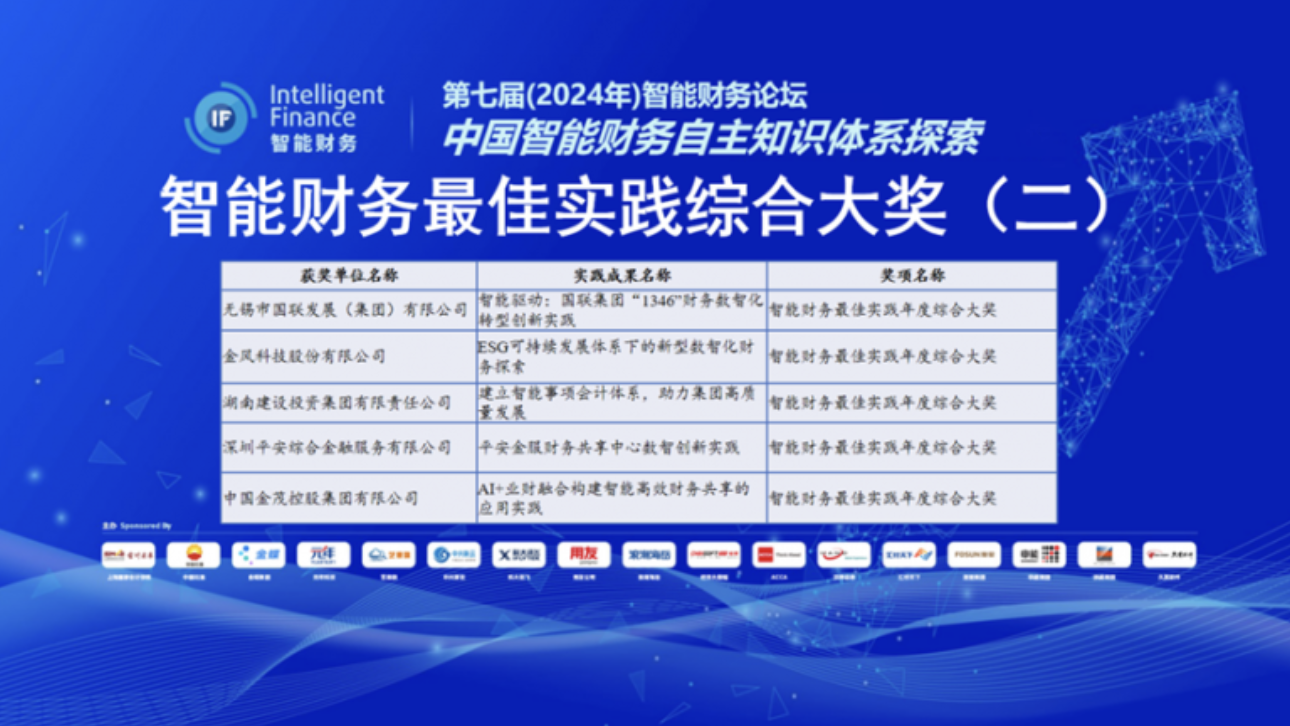
Annual Comprehensive Award for Best Practices in Smart Finance (II)
Liu Qin said in an interview with China Economic Times that the application of artificial intelligence in China's financial field is gaining momentum, with frequent successful cases and a world-leading application level. The development of smart finance has shown a trend of expanding its application areas from financial accounting to management accounting and its application subjects from enterprises to administrative institutions. In the future, the functions of accountants will accelerate their transformation from accounting to auxiliary decision-making, and the human-machine collaborative symbiosis model will become a hot topic of concern. At the same time, intelligence may bring new impacts on existing laws and regulations.
Liu Qin pointed out that the 2024 Smart Finance Best Practice Cases have made significant progress compared to previous years, with impressive innovation points. The main manifestations are the close connection between application scenarios and core business, such as the in-depth application of big data in cost management and risk control with the help of intelligent technology. At the same time, technology applications keep pace with the times. The application of technologies such as large models, intelligent process automation, and agents has injected new vitality into smart finance. The top 10 cases selected in 2024 share significant common characteristics, including emphasis on planning, data governance, cross-professional team building, application scenario design, intelligent technology selection, and encouraging an innovative culture. These characteristics will provide valuable insights for other enterprises to implement smart finance transformation.


